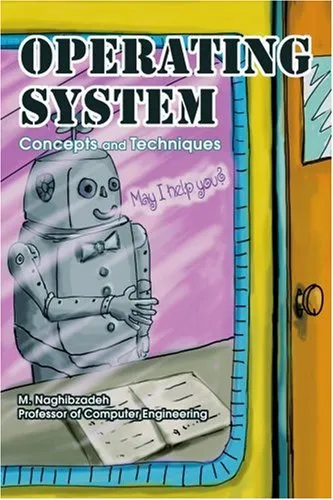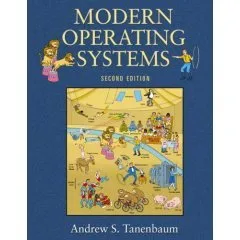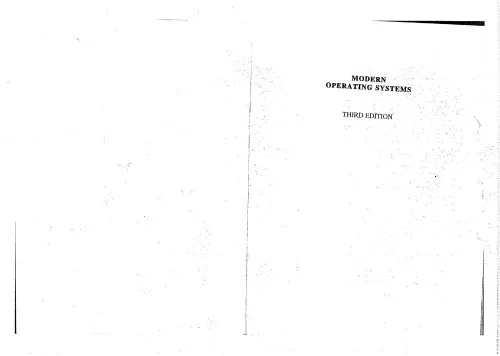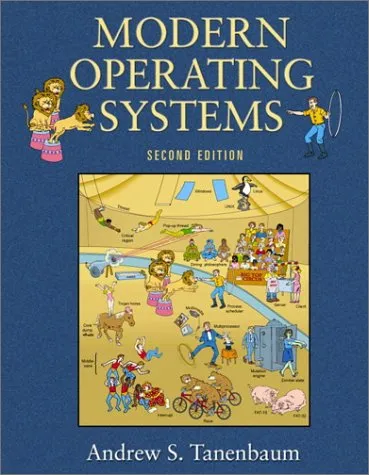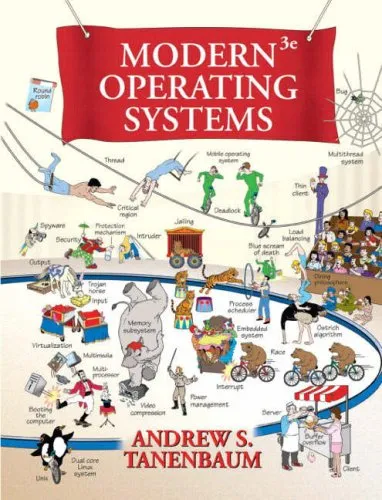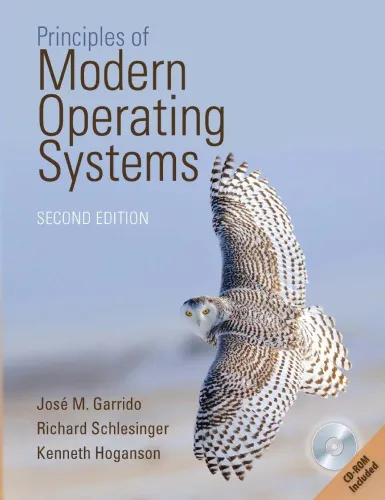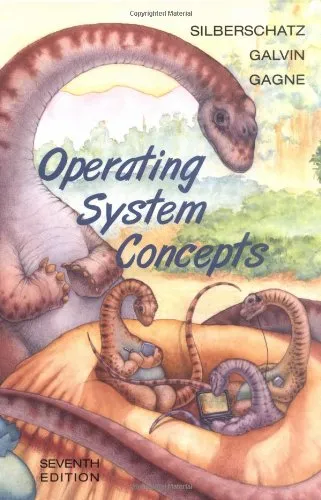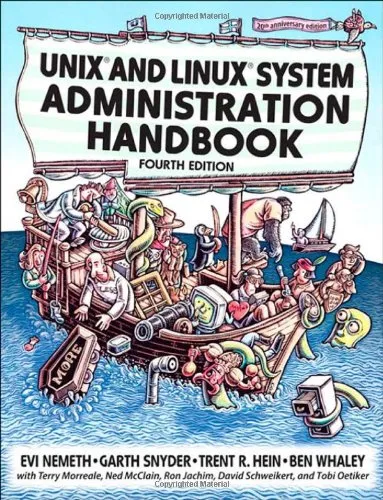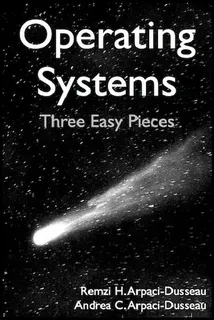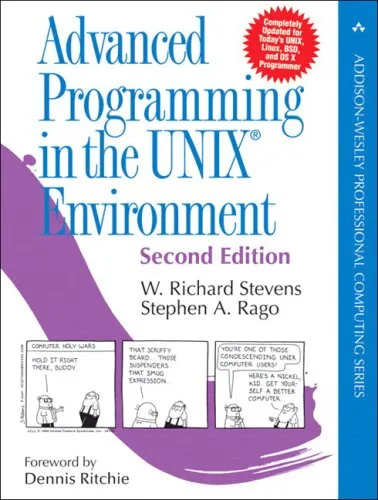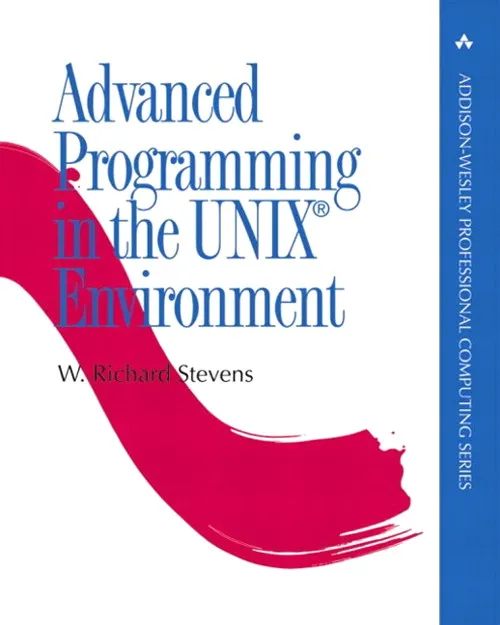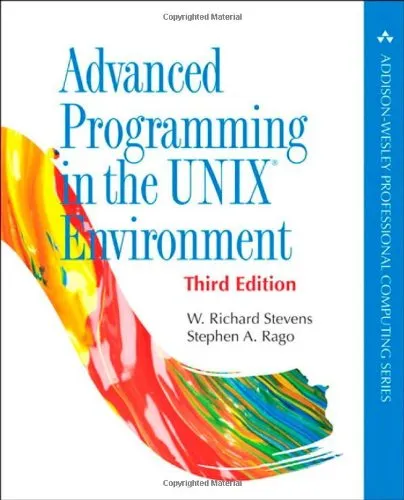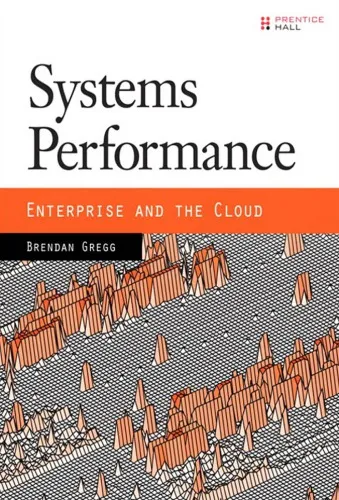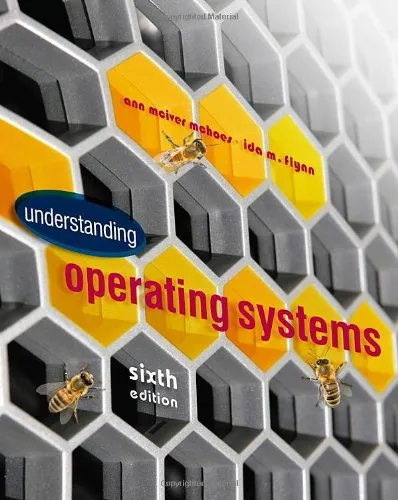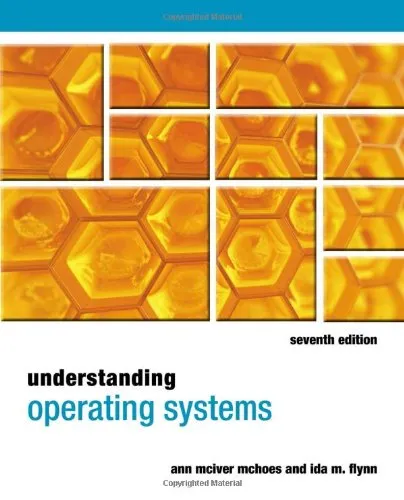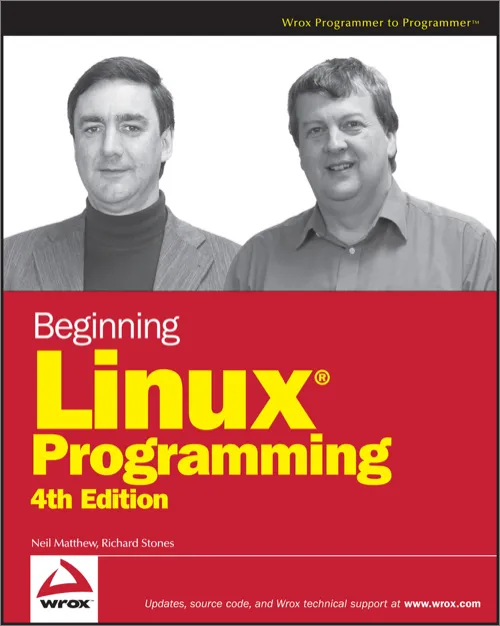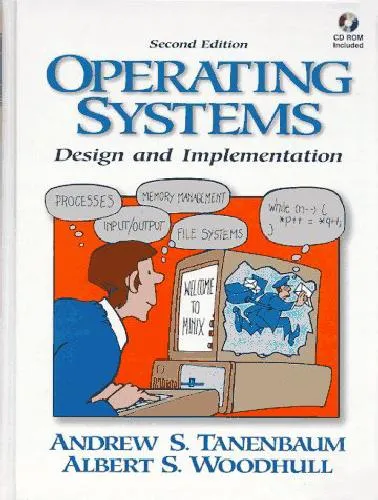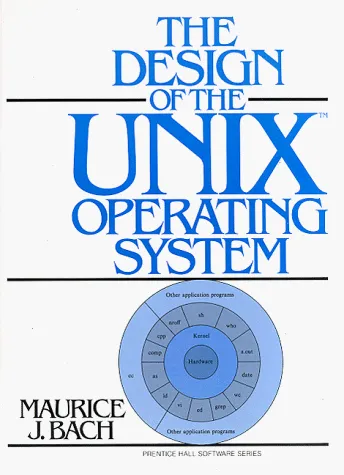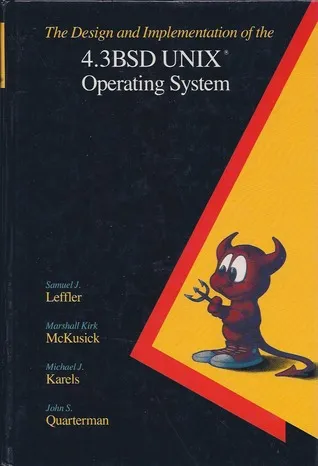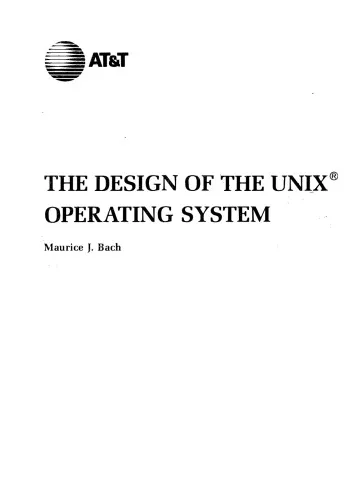Operating System: Concepts and Techniques
4.0
Reviews from our users

You Can Ask your questions from this book's AI after Login
Each download or ask from book AI costs 2 points. To earn more free points, please visit the Points Guide Page and complete some valuable actions.Related Refrences:
Persian Summary
Introduction to 'Operating System: Concepts and Techniques'
'Operating System: Concepts and Techniques' is an insightful exploration of the foundational and advanced topics of operating systems. This book, authored by M Naghibzadeh, provides scholars, students, and professionals a comprehensive guide to understanding the intricate mechanisms that enable modern operating systems to function seamlessly. With a focus on both theoretical underpinnings and practical applications, this text bridges the gap between academia and real-world technology.
Detailed Summary of the Book
The book begins with a discussion of the basic concepts that form the building blocks of operating systems, such as process management, memory management, file systems, and input/output operations. It delves into the architecture and design of operating systems, providing readers with a thorough understanding of how these systems are structured and how different components interact with each other.
Further chapters are dedicated to more advanced topics like concurrency, deadlock management, and security. The evolution of operating systems is covered, illustrating the transition from simple batch systems to the complex multitasking environments we interact with today. The book also discusses the latest trends in operating systems, such as virtualization and cloud computing, ensuring that readers are equipped with up-to-date knowledge.
Case studies on various popular operating systems, including Linux, Windows, and MacOS, are included to provide practical examples of how theoretical concepts are implemented in actual systems. Each chapter is complemented by exercises and thought-provoking questions that encourage active learning and critical thinking.
Key Takeaways
- An in-depth understanding of the core functions and designs of modern operating systems.
- The ability to critically analyze and differentiate between various OS architectures and components.
- Knowledge of the major challenges in OS design, including concurrency, memory allocation, and security.
- Insights into the future trends and technologies impacting operating system development, like IoT and AI.
Famous Quotes from the Book
"An operating system is the soul of the computer; it breathes life into the silent hardware."
"Understanding the complexity of an operating system is akin to unraveling a grand architectural design."
Why This Book Matters
This book is an essential resource for anyone pursuing a career in computer science or IT-related fields. As operating systems form the backbone of all computer operations, a solid understanding of OS concepts is crucial for developing efficient software applications and systems.
By providing comprehensive coverage of both foundational theories and contemporary practices, this text serves as a robust educational tool for students, educators, and industry professionals. Its inclusion of self-assessment tools and case studies further enhances its usefulness as a definitive guide to mastering operating systems.
Additionally, 'Operating System: Concepts and Techniques' stands out for its clear explanations and accessible prose, making complex topics understandable even to those new to the field. This book not only educates but also inspires a deeper appreciation for the essential role operating systems play in technology.
Free Direct Download
You Can Download this book after Login
Accessing books through legal platforms and public libraries not only supports the rights of authors and publishers but also contributes to the sustainability of reading culture. Before downloading, please take a moment to consider these options.
Find this book on other platforms:
WorldCat helps you find books in libraries worldwide.
See ratings, reviews, and discussions on Goodreads.
Find and buy rare or used books on AbeBooks.
Questions about Book
1685
بازدید4.0
امتیاز0
نظر98%
رضایتReviews:
4.0
Based on 0 users review
Questions & Answers
Ask questions about this book or help others by answering
No questions yet. Be the first to ask!
